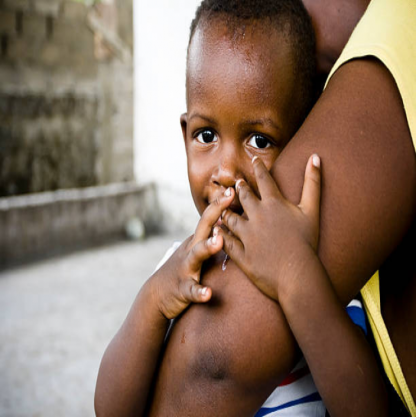
The overarching purpose of this survey was to assess the extent to which Essential Package was integrated for children and primary caregivers in Lufwanyama District. However, the survey was guided by the following specific objectives:
i. To analyze the strengths and weakness of the EP program which was implemented in Lufwanyama District
ii. Establish significant change in the lives of the children in terms of their development outcomes
iii. Establish significant change among parents/guardians/caregivers in the practice of primary care giving for children
iv. To establish whether the EP approach manifested significant influence to programming and its replication.
The survey utilized a mixed methods approach, which included both quantitative and qualitative techniques. Quantitative data were collected using a standard EP instrument called Comprehensive Checklist. It was administered to primary caregivers by trained enumerators for a period of 8 days across 4 study areas (Bulaya, Mibenge, Mukutuma and St. Joseph) in Lufwanyama District. All quantitative data were entered and analysed using SPSS software. On the other hand, qualitative data were collected from key informants; project officers and partners which included officials from Ministry of Health and Ministry of Community Development Mother and Child Health through the Department of Social Welfare. Data were analysed using themes and content structure of summarized notes taken during interviews.